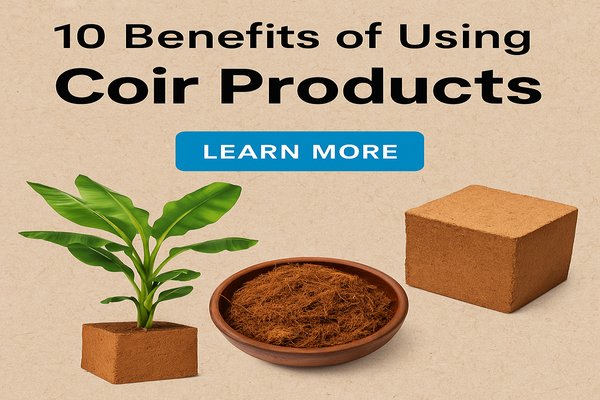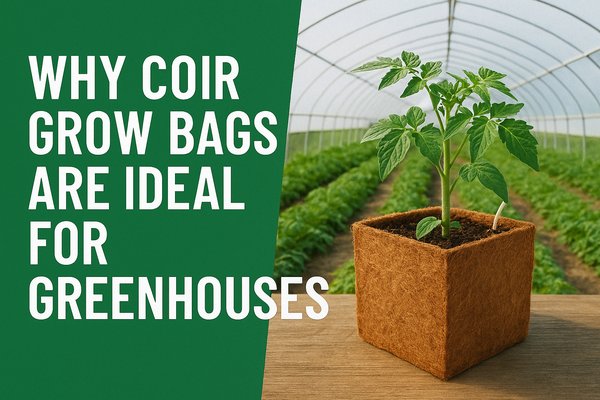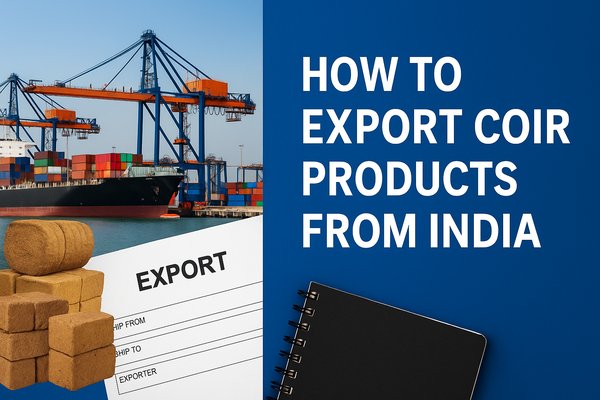
10 Benefits of Using Coir Products
Discover why coir is gaining popularity in agriculture, home, and industry. From sustainability to durability, learn how coir is a natural solution.
Read More
Why Coir Grow Bags Are Ideal for Greenhouses
Coir grow bags help optimize plant health. Find out how they're used in modern greenhouses across the globe.
Read More
How to Export Coir Products from India
Step-by-step guide for businesses and entrepreneurs looking to export coir products globally. Learn the legal and logistical basics.
Read More